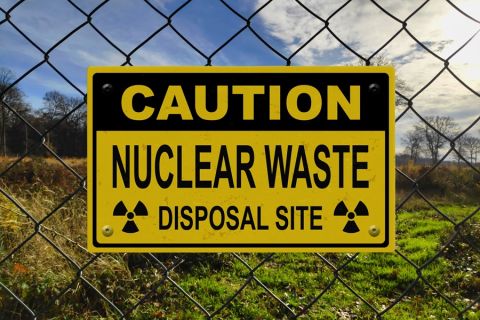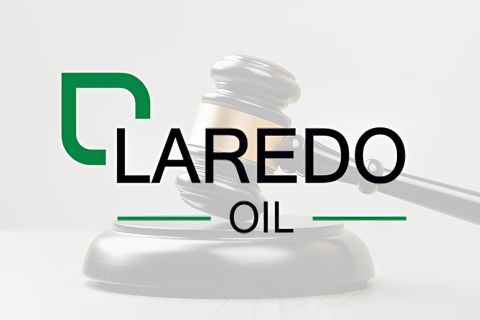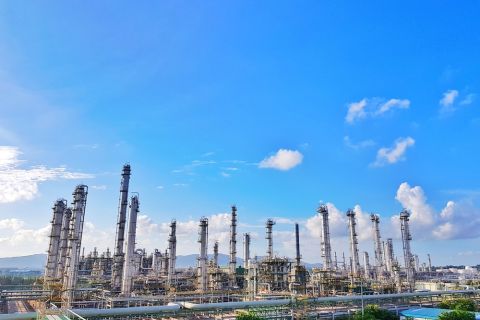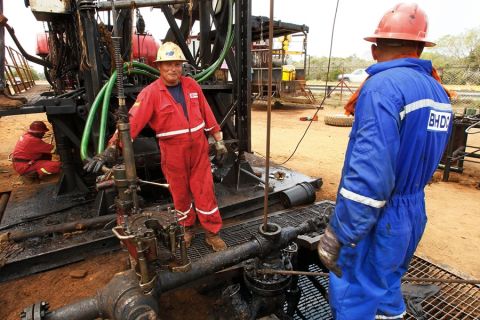Crude-oil prices have more than doubled in the last year, but oil companies are taking a cautious attitude as they wait to see if OPEC takes any action on production next month, say Arthur Andersen & Co. and Cambridge Energy Research Associates executives. "There is no euphoria," CERA president Joe Stanislaw said during a news conference in Houston upon the two firms' release of their study "World Oil Trends 2000." He said that producing nations face the dual challenge of trying to manage crude oil output and market expectations. Observing that it's easier to control production quotes than the price reaction, Stanislaw predicted that OPEC will raise production quotas late in the second quarter. "What they are going to do is be responsible. They know what it means to be greedy. Hogs get slaughtered. They will not move too early on production because moving too early may unravel the success they have realized," he said. He added, "For OPEC, success is not a $30-per-barrel price. It's one that's more than $10." Few people within the oil and gas industry believe the market will sustain the recent price of $29 a barrel, noted Victor Burk, Arthur Andersen's managing director for the energy industry. "If oil producers believe the high oil prices that have prevailed since the second half of 1999 are sustainable, that belief could create investment incentives to increase worldwide production capacity even more," he said. "This could create challenges for the current holders of spare capacity far beyond the current production restraint." That discipline reflected a rare consensus among the world's biggest oil exporters, including cooperation by some non-OPEC suppliers, Burk said. Daily world oil demand increased by 1.17 million barrels in 1999 to a record 75.26 million barrels, a 1.6% increase from demand in 1998. The rate in 1996 and 1997 was 2.5%. Daily production declined nearly 1.9% to 64.88 million barrels in 1999. That is compared with record daily output of 66.12 million barrels in 1998. -Paula Dittrick
Recommended Reading
BWX Technologies Awarded $45B Contract to Manage Radioactive Cleanup
2024-03-05 - The U.S. Department of Energy’s Office of Environmental Management awarded nuclear technologies company BWX Technologies Inc. a contract worth up to $45 billion for environmental management at the Hanford Site.
Laredo Oil Settles Lawsuit with A&S Minerals, Erehwon
2024-03-12 - Laredo Oil said a confidential settlement agreement resolves a title dispute with Erehwon Oil & Gas LLC and A&S Minerals Development Co. LLC regarding mineral rights in Valley County, Montana.
DOE Considers Technip, LanzaTech For $200MM ‘Breakthrough’ Technology Award
2024-03-25 - The U.S. Department of Energy funding will be used to develop technology that turns CO2 into sustainable ethylene.
US Decision on Venezuelan License to Dictate Production Flow
2024-04-05 - The outlook for Venezuela’s oil industry appears uncertain, Rystad Energy said April 4 in a research report, as a license issued by the U.S. Office of Assets Control (OFAC) is set to expire on April 18.
New BOEM Regulations Raise Industry Decommissioning Obligations by $6.9B
2024-04-15 - Under new regulations, the Bureau of Ocean Energy Management estimates the oil and gas industry will be required to provide an additional $6.9 billion in new financial assurances to cover industry decommissioning costs.





